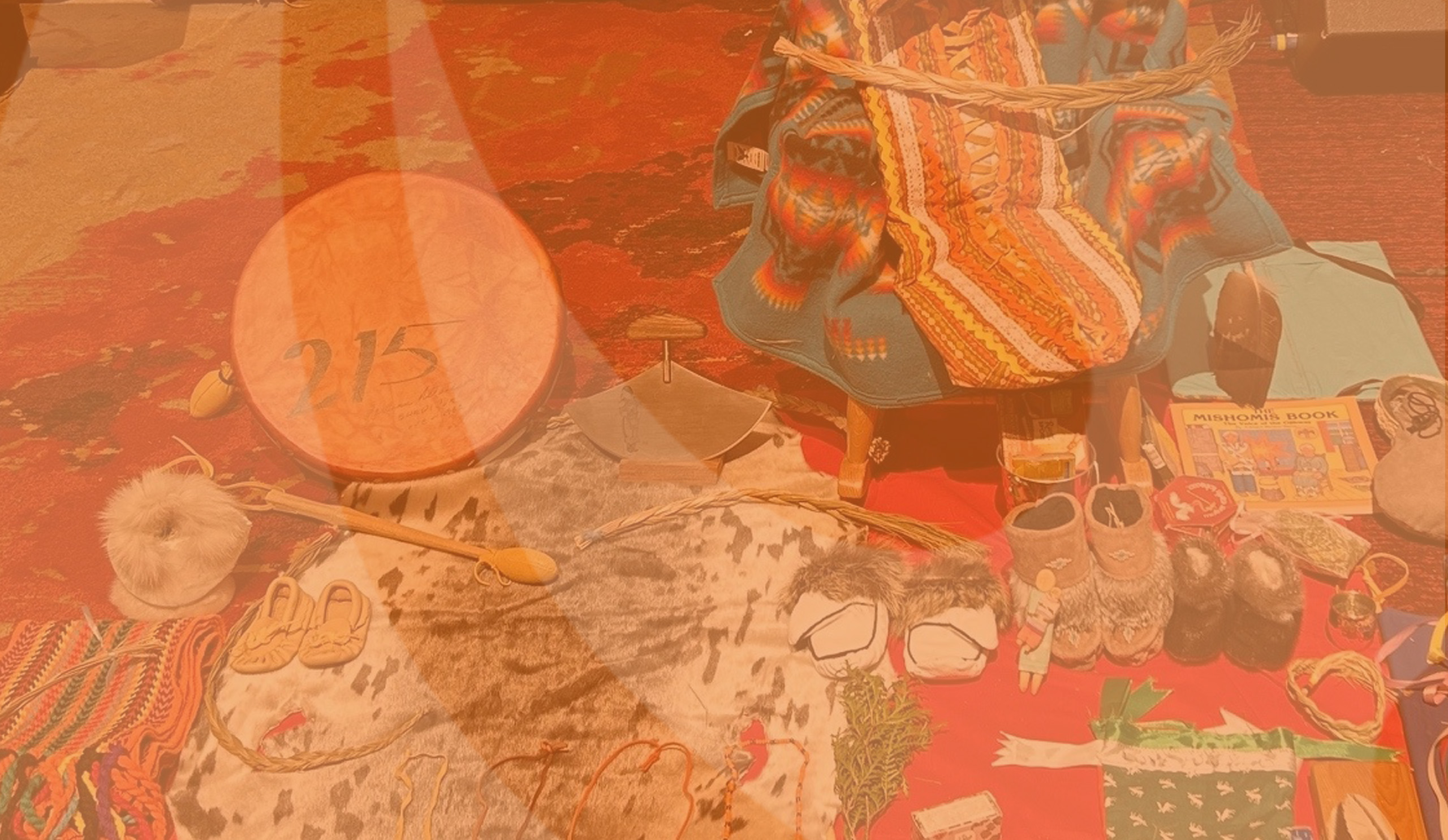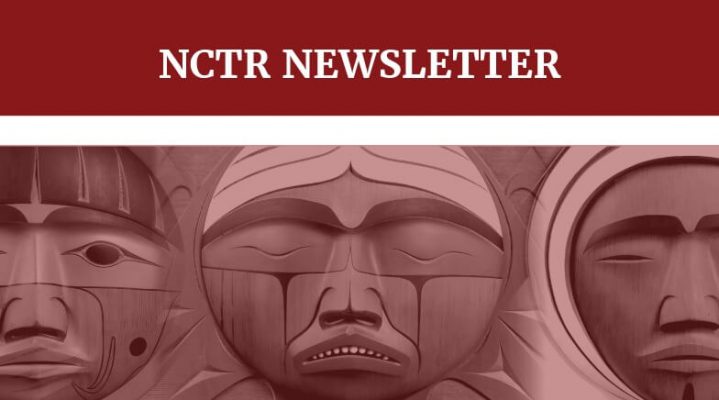Independent Special Interlocutor’s Final Report brings welcome attention to the urgency of preserving a full and truthful record of the residential school system

The National Centre for Truth and Reconciliation (NCTR) welcomes today’s release of the Final Report of the Independent Special Interlocutor for Missing Children and Unmarked Graves and Burial Sites associated with Indian Residential Schools.
The NCTR is mandated to preserve a national record of the residential school system and educate the public about the profound and lasting harm that was done to First Nations, Inuit and Métis families, communities, and societies.
This report lends weight to the vital principles guiding our work, including the need to preserve and expose the truth of residential schools, day schools, hospitals and related institutions. The report also provides a powerful framework to uphold the right to reparations for the harms that were inflicted upon families, communities and nations.
Responding to the release of the Final Report, NCTR’s Executive Director Stephanie Scott said, The NCTR works day in and day out to preserve residential school records and the important truths they reveal. This is urgent work. We are very aware that truth and reconciliation is an ongoing process, requiring the steadfast commitment of the federal government. We welcome the Special Interlocutor’s report, and her focus on justice for Survivors, families, and the children who never came home. This report will be a powerful tool to hold government and church bodies accountable today, and in the years to come.
During the TRC process, the Catholic church wanted to have amnesty for its crimes. The Special Interlocutor reminds us that the struggle isn’t over. The report documents Canada’s deliberate distortion of international human rights law to avoid accountability for the crimes committed through the residential school system and related institutions. The Special Interlocutor calls this cover-up ‘settler amnesty and impunity,’
said Eugene Arcand, Survivor Circle member. These shameful acts have been going on under the guise of truth and reconciliation for decades.
These key recommendations in the Special Interlocutor’s report align with the NCTR’s ongoing work include:
- An immediate moratorium on destruction of any records
that may contain information relating to the death of a child while in the care of Indian Residential Schools and other associated institutions
. - In consultation and collaboration with Indigenous Peoples, modernize the federal access to information to recognize and uphold Indigenous Peoples’ collective rights and align with international human rights standards.
- Provide long-term and flexible funding for Indigenous-led investigations into missing and disappeared children and unmarked burials at all Indian Residential Schools and associated institutions.
- Establish rules, regulations and ethical standards for professionals providing technical support to the search process.
- Ensure Survivors, Indigenous families, and communities impacted by the search for the missing and disappeared children have full access, without discrimination, to distinctions-based, trauma-informed health supports.
Background
The NCTR holds more than four million records in our Archives, including Survivor statements and other information gathered by the Truth and Reconciliation Commission of Canada (TRC). We continue to work collaboratively with governments and church organizations to secure access to previously unreleased documents.
These records are essential pieces of a complex and painful history. They offer invaluable insights into the experiences of Indigenous children, families, and communities and the forces of racism and colonialism that led to the residential school system.
NCTR is committed to the careful stewardship of these records, consistent with Indigenous laws and protocols and the wisdom of the Survivors and other Elders who guide our work.
All Survivors have the right to full access to their records. The NCTR has dedicated staff who assist in the locating these records.
The NCTR also regularly provides full, unrestricted access to our archives for Indigenous communities, historians and other legitimate researchers like the Special Interlocutor.
We are mandated to determine which of these highly-sensitive records can be publicly released, whether in whole or in part.
For Survivors, families, and communities seeking answers and closure, these documents can be crucial in understanding the fate of loved ones, particularly around missing children. The discovery of unmarked graves has highlighted the urgent need for complete and transparent access to all relevant records.
The dignity and wellbeing of Survivors is always the NCTR’s principal concern, and records will always be handled with the same care and respect as with the Survivors who endured the residential school experience.
The demand for access to records has grown rapidly in recent years. We remain steadfast in our commitment to handling each request with the utmost care and attention. We prioritize meeting the needs of Survivors and their families as they seek records of their truths and lived experiences in residential schools.
Quick Facts:
- A record could contain anywhere from five to 1000 pages, and it is our responsibility to carefully review all requests and apply any redactions required to protect Survivors’ and other individuals’ personal information.
- Examples of information that is commonly redacted include an individual’s personal health information and comments about a student’s or an individual’s personal character.
- Information that isn’t typically redacted includes maps, structural or building plans, the names of school employees, nuns or priests, records that are more than 100 years old, and general information about the residential school.
- As our Centre is located in Manitoba, Treaty One Territory and homeland of the Red River Métis, we work this in accordance with specific provincial legislation created to govern disclosure of NCTR records (the NCTR Act) as well as the Province of Manitoba’s Freedom of Information and Protection of Privacy Act (FIPPA), and the Personal Health Information Act (PHIA).
- The NCTR’s Survivors Circle guides us to always ensure we protect the welfare and dignity of Survivors who may suffer again if personal information is publicly shared.

